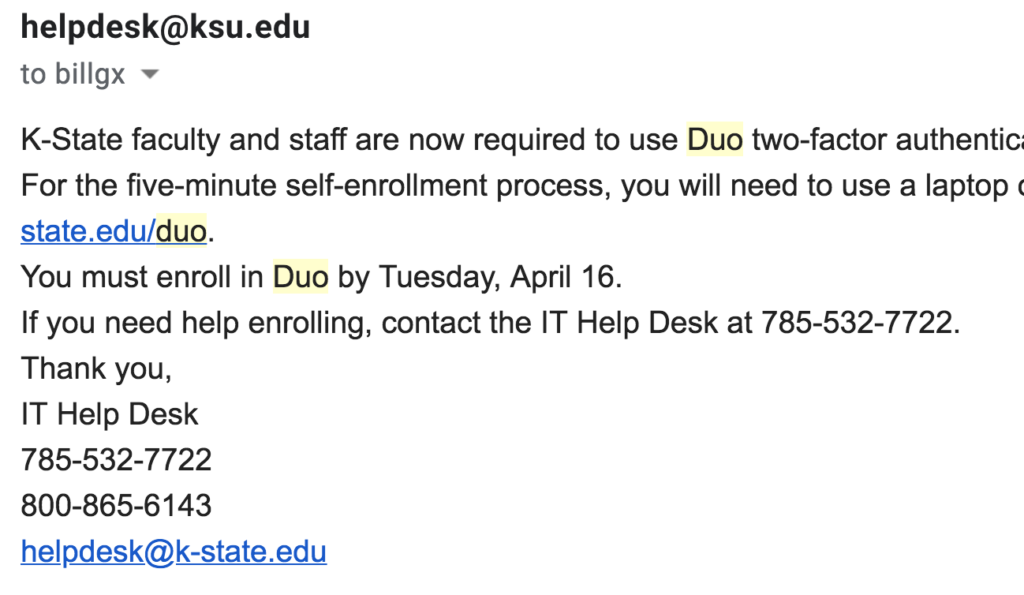I have been using mobile computing tech for longer than most people. Over two decades ago, I while other college students were still talking on their new cellular phones (college students don’t talk anymore, they text), I was walking around campus with my laptop computer. Few students had such luxuries at the time, but my wife was working full time and I was on the GI bill so I could afford a refurbished laptop complete with a monochrome screen. I loved that machine. At the time, there was no wifi, but at the library and a few other places, I could connect a cable to the school’s network and get high-speed Internet access on it.
I carried that computer with me everywhere. I even browsed the web with Netscape Navigator after going to bed, much to the annoyance of my new bride. At the time, most people who were fortunate enough to have dial-up access to the Internet still did not have a mobile device and had to sit before a desktop-style computer. The computer was a destination in the home; they had to go to the computer.
I was an early adopter of bringing my computer with me wherever I went.
I totally understand the allure of a smartphone. But I don’t own one. For certain, I’ve been tempted to purchase one. I was opposed to my kids getting smartphones. I held it off as long as I could, but around age 14 or so, the pressure for my kids became too great. First, my bride decided it was time for her to get a smartphone. Then one after the other, the remaining members of my family capitulated.
The smartphone seems to be the essential accessory of modern living. Even in less developed countries, people have completely skipped over desktop computer ownership and dived right into owning smartphones.
So what is the big deal? Why am I such a holdout? Well, for one thing, the Internet is the world’s greatest machine for learning, but also the greatest machine for distraction. Making a habit of excessive consumption limits our creativity but most people, myself included, are drawn to the consumption side like a moth to the flame.
There has been a massive cultural shift since the introduction of the mobile smartphone. It affects everyone, but the most pronounced effect has been on young people who don’t remember how things were before we embraced these things. You don’t need to read Sherry Turkle or Jean Twenge to notice that many young people have been socially and emotionally affected by these devices.
I want my kids to be different, to still be involved in the human experience. The jury is still out on how that one is going.
Another reason I carry no smartphone is that I already have no fewer than five or six different devices I can use to connect. Except for one cellular-data enabled iPad mini, all of my devices require WiFi to get online, which usually presents no problem because I typically go online at work and at home. I rarely need Internet access when I am driving in my car, but the cellular enabled iPad works great as a GPS and as a mobile hotspot if I am away from my usual WiFi connectivity.
Another reason I carry no smartphone is the fact that I was raised by people who were raised by people who lived through the Great Depression. As a kid, money was still a thing not easily had. We did without things that were not necessities. As an adult, I’ve been through some rocky financial situations as well. For one thing, we decided early on after having babies that dad would work and mom would stay at home to be there for the kids. To do that, we do without some things.
I think that mobile phone plans are the biggest scams out there. The fees are exorbitant and the cost of keeping up with new tech is always expensive. I rarely adopt the latest, greatest of anything techie for this reason. I bought an internet-ready television that was less than half the cost of the latest model, simply because I bought the previous year’s model. Now that it is a few years old, some new televisions with more capability cost less than my bargain TV. That’s the way tech is.
Now my kids have both had phones for a year or more. The elder child has had her phone for almost three years and claims it no longer works as well as it did when new–and I believe her. Computers always do this. The longer you use them, the more gummed up the system gets from adding and deleting software and from stray files and processes hogging storage and memory.
I bought a $300 bicycle fifteen years ago and I thought it was outrageous since I could buy a new bike at Walmart for $89.00. I still ride the same bike almost every day. So I think my money was well spent. But you can spend $500 on a cell phone that is no good after three years of use? Something is wrong with this picture.
I think it is interesting that we are now at the point when our employer expects everyone to own an up-to-date mobile phone and have the technological know-how to set this up on short notice. I expect today will be really frustrating for a great number of my colleagues who will be surprised by this when they try to use our courseware or other university resources today.
Our technology dependence and our susceptibility to tech’s vulnerabilities, all weigh heavily on us. Technology is wonderful when it works as designed and is extremely stressful when it falls short.



